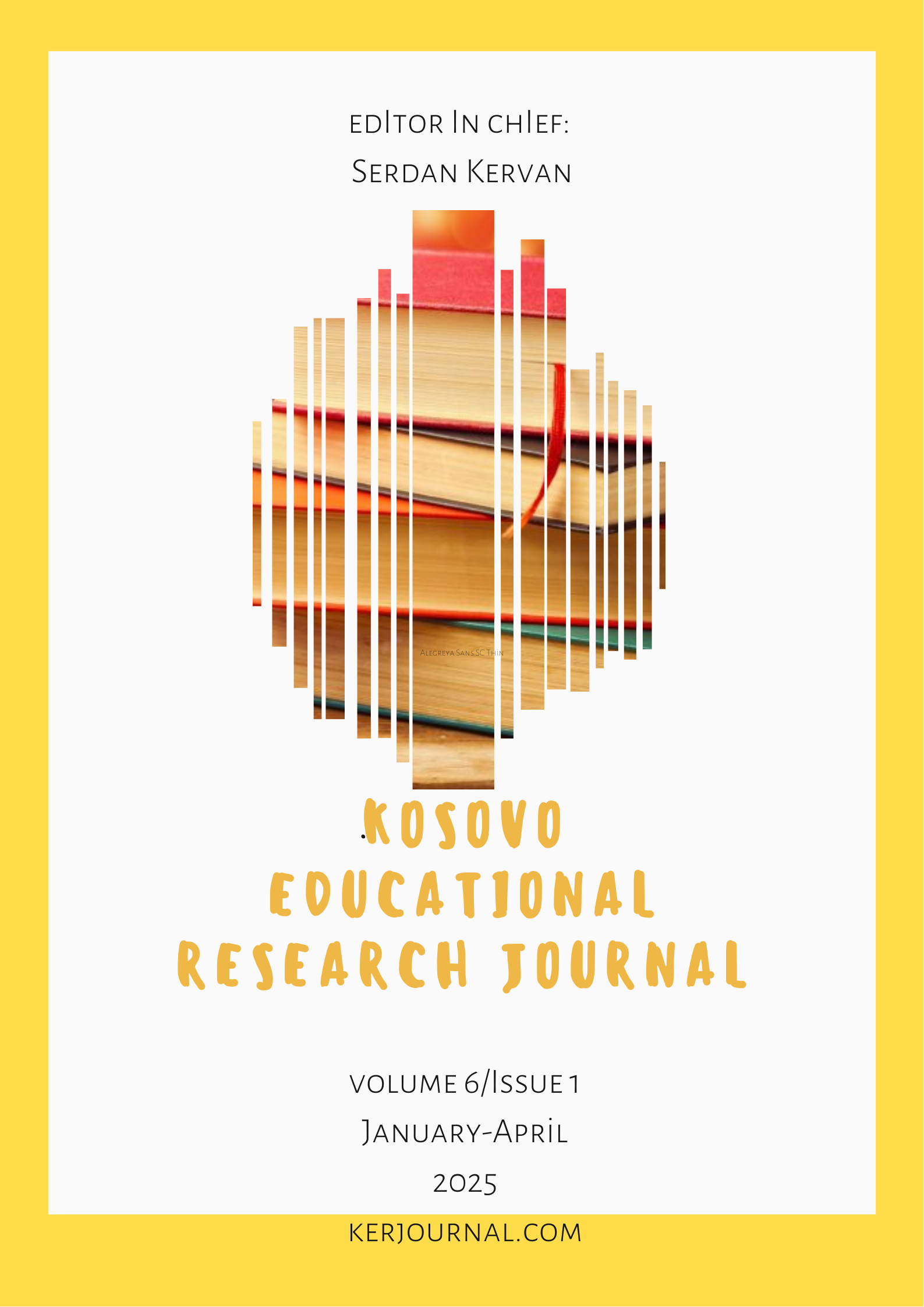Author :
Abstract
This study aims to analyze the Scenario Based learning skills of 6th and 7th grade secondary school students in the Turkish Republic of Northern Cyprus in both face-to-face Turkish classes and online Turkish classes during the Covid 19 pandemic and the effects on the learning process. The Nicosia, Famagusta, Iskele and Morphou districts of the Turkish Republic of Northern Cyprus were selected as population for the study while through proper sampling 200 Secondary School Students have been reached. 6th and 7th grade Secondary School students were met face-to-face at the end of the 2nd semester of the 2019-2020 Academic year of face-to-face education. The same participants were presented multiple-choice questions via email during the 1st semester of the 2020-2021 Academic Year supporting the study with four open-ended questions. The study was designed as a blended research model involving both quantitative and qualitative methods. In order to resolve data descriptive statistics including frequency, percentages, arithmetic means and standard deviation were used as well as the Anova test and preliminary-final tests. At the end of the study following the activities in Scenario Based learning in Turkish classes of 6th and 7th grade secondary school students a meaningful correlation was found between knowledge of students regarding the facilities provided by online learning and the technological structure, their knowledge on the learning process and distance learning and their perception of benefits.
Keywords
Abstract
This study aims to analyze the Scenario Based learning skills of 6th and 7th grade secondary school students in the Turkish Republic of Northern Cyprus in both face-to-face Turkish classes and online Turkish classes during the Covid 19 pandemic and the effects on the learning process. The Nicosia, Famagusta, Iskele and Morphou districts of the Turkish Republic of Northern Cyprus were selected as population for the study while through proper sampling 200 Secondary School Students have been reached. 6th and 7th grade Secondary School students were met face-to-face at the end of the 2nd semester of the 2019-2020 Academic year of face-to-face education. The same participants were presented multiple-choice questions via email during the 1st semester of the 2020-2021 Academic Year supporting the study with four open-ended questions. The study was designed as a blended research model involving both quantitative and qualitative methods. In order to resolve data descriptive statistics including frequency, percentages, arithmetic means and standard deviation were used as well as the Anova test and preliminary-final tests. At the end of the study following the activities in Scenario Based learning in Turkish classes of 6th and 7th grade secondary school students a meaningful correlation was found between knowledge of students regarding the facilities provided by online learning and the technological structure, their knowledge on the learning process and distance learning and their perception of benefits.





